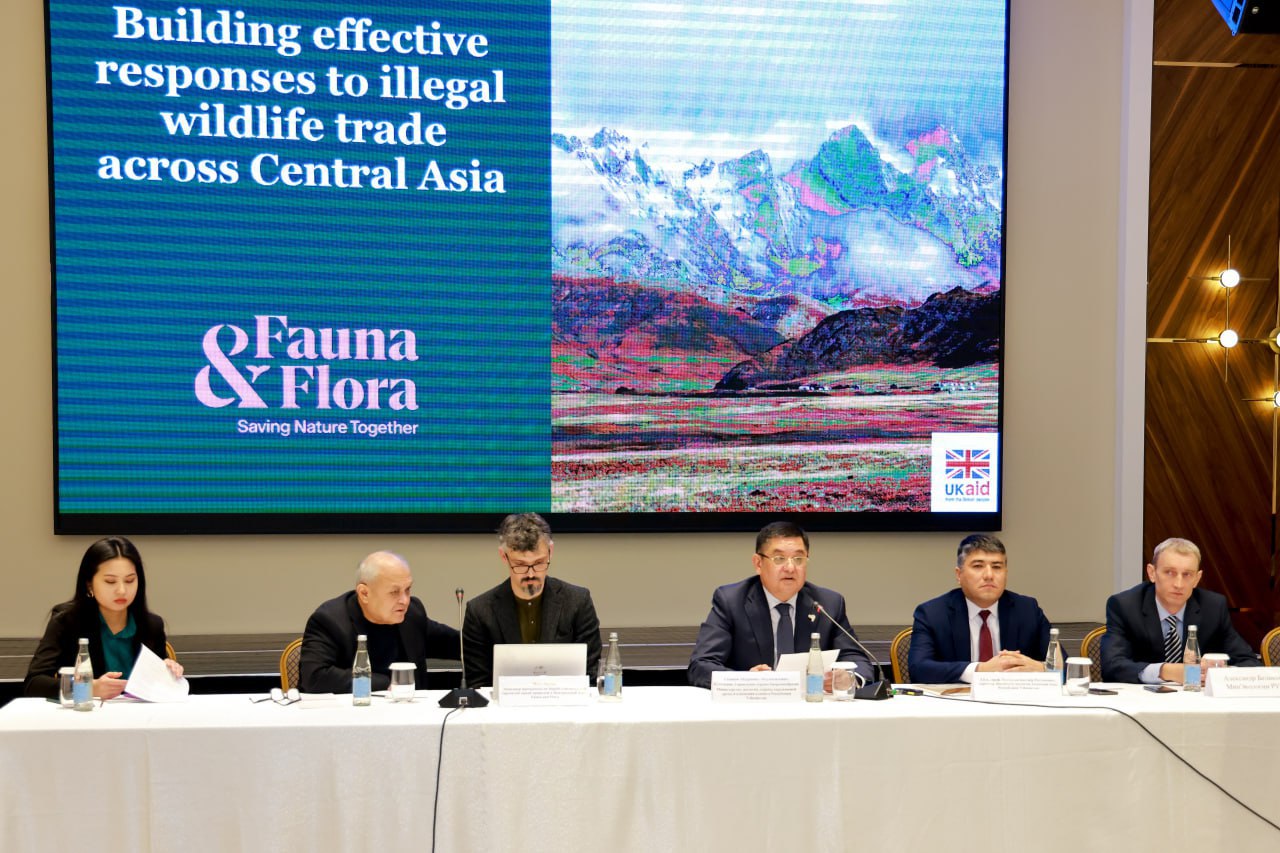International Day for Biological Diversity was founded in order to draw the attention of mankind to the fact that the richness of species of various plants, animals, microorganisms and ecosystems are under constant threat. Indeed, the number of species of wild flora and fauna is rapidly and significantly reduced. That is why the problems of loss of biological diversity are among the basic requirements of modern society and require the elimination of its causes.
The theme of International Day for Biological Diversity (IDB) on May 22, 2020 is “Our solutions are in nature” It gives us all hope to build a better future in harmony with nature.
As part of the planned activities of the ELSOFP Central Asia project (Expanding and promoting organic and forest-based products from Kyrgyzstan, Tajikistan and Uzbekistan to the EU markets), particular attention is paid to issues of biodiversity and impact on it through innovative agricultural and forest management methods. (e.g. organic farming, sustainable forest management).
Various international standards planned to promote and implement under the ELSOFP Central Asia project and to provide market access for manufacturers and MSMEs. And also create conditions for the rational use of natural resources.
Organic farming provides nature-based solutions for biodiversity conservation. The use of synthetic substances, the emphasis on monocultural agriculture, the intensification of the maximum yield values from conventional agricultural production, the involvement in a significant reduction in the number and diversity of animals and plants in rural areas. The Red List of Endangered Species of the International Union for Conservation of Nature (IUCN) notes that a fundamental threat to biodiversity is the loss of habitat and that 70% of bird species are at risk of the extinction and 49% of the plant species are listed as endangered.
The absence of pesticides improves the natural habitats of birds, insects and soil microorganisms. Studies show that thanks to this approach, the populations of birds, plants, insects and plants in nature are much higher than anywhere else. Moreover, the use of genetically modified organisms is not allowed in organic agriculture and responsible forest management.
The ecosystem approach is a fundamental requirement for the manufacturer of the products that will be involved in the ELSOFP Central Asia project. This approach will be taken into account in the development of training programs, as well as in the field of ensuring the quality of food and non-timber forest products (NTFP). Sustainable agricultural and forest management practices maintain biodiversity and ensure high efficiency of ecosystem services (e.g. water supply, soil protection). In addition, local communities can certainly benefit.















